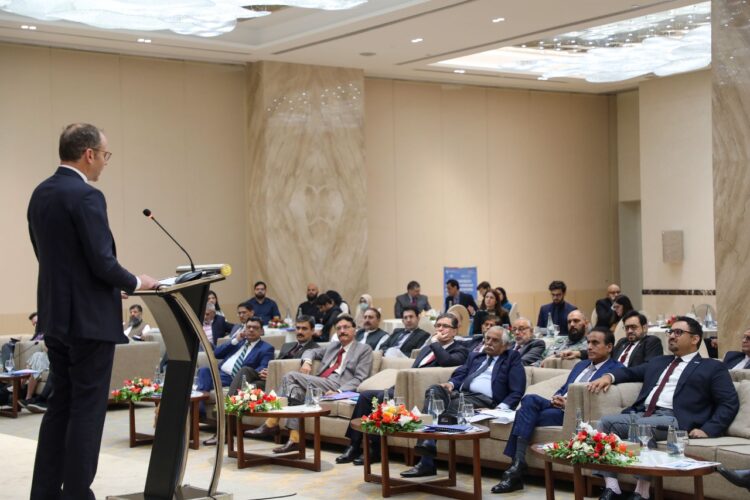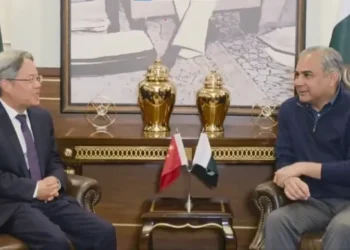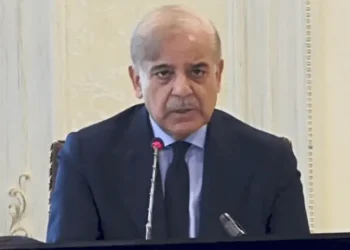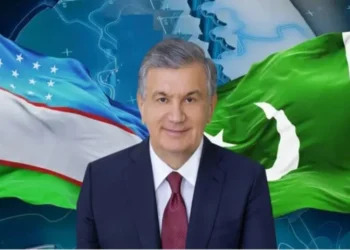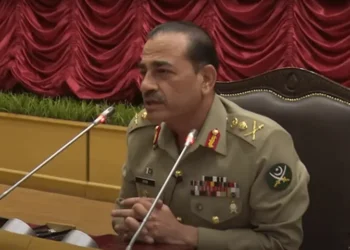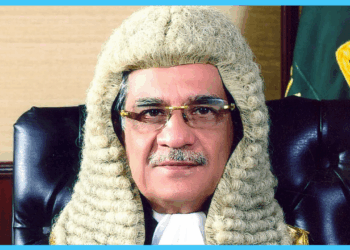ISLAMABAD; Pakistan has taken a major step towards tackling organised crime by hosting a two-day workshop in Islamabad to lay the foundation for its first-ever National Strategy Against Organised Crime.
The event was jointly organised by the United Nations Office on Drugs and Crime (UNODC), the Government of Pakistan, and the UK Government. It brought together senior officials from law enforcement agencies, civil society, academia, and international partners to strengthen cooperation against crimes such as drug trafficking, human trafficking, cybercrime, and transnational criminal networks.
Participants included representatives from the Ministry of Interior, Anti-Narcotics Force, Federal Investigation Agency, and provincial police forces. The British High Commission was also represented by Deputy High Commissioner Matt Cannell.
UNODC Country Representative Troels Vester said the workshop reflected strong commitment to building “safer, more resilient societies” by addressing crimes that weaken institutions and put communities at risk.
Dr. Ehsan Sadiq, Director General Anti-Money Laundering, highlighted the importance of collective action to safeguard communities and ensure justice and security for all.
Raja Riffat Mukhtar, Director General FIA, stressed that organised crime is a global threat cutting across borders and sectors, requiring joint international responses.
Deputy British High Commissioner Matt Cannell added that the UK’s partnership with Pakistan and UNODC demonstrates a shared resolve to confront threats to both countries and build a more resilient future.
The workshop focused on the UNODC’s global framework built around “Prevent, Pursue, Protect, and Promote” and discussed ways to improve investigations, intelligence sharing, victim protection, and human rights safeguards.
The outcomes will directly contribute to shaping Pakistan’s National Strategy Against Organised Crime, aiming to strengthen justice, protect communities, and promote long-term peace and development.




















































